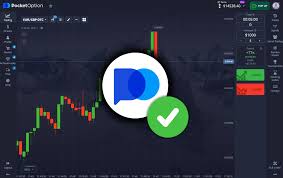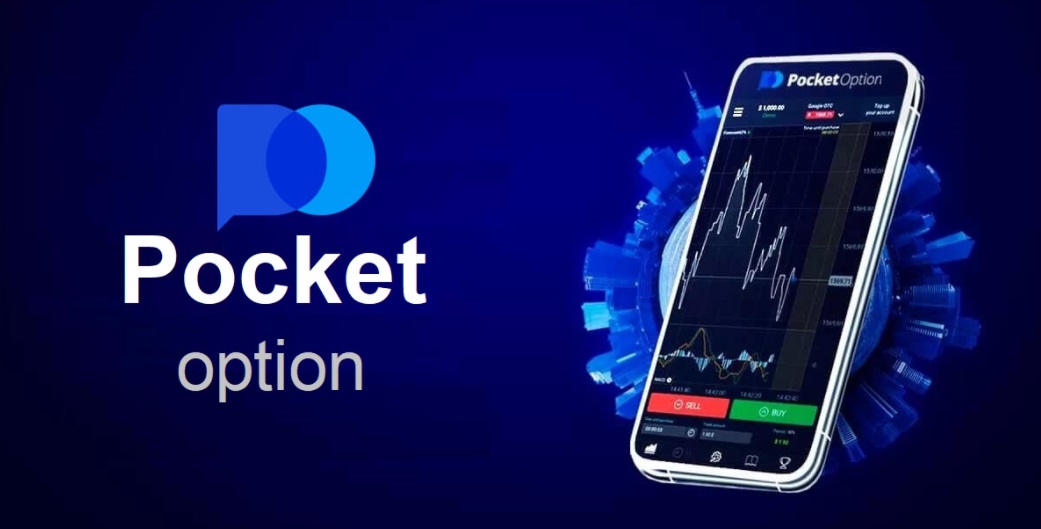
The Evolution of Online Trading in India
Online trading in India has witnessed a significant transformation over the past decade. With the rise of technology and the internet, traditional methods of trading have been revolutionized, allowing individuals to engage in trading activities from the comfort of their homes. One of the prominent platforms facilitating this is Online Trading in India Pocket Option online trading, which has gained popularity among traders for its user-friendly interface and range of assets.
Understanding Online Trading
Online trading refers to the act of buying and selling financial instruments via the internet. Traders can access stocks, commodities, forex, and cryptocurrencies through online platforms provided by brokerage firms. This shift from conventional trading has democratized access to financial markets, enabling more people to participate in trading.
The Rise of Online Trading in India
India has seen a significant boom in online trading, characterized by an increase in retail participation in the stock markets. According to reports, around 35 million retail investors are active in the market, with a conspicuous rise during the COVID-19 pandemic as people sought alternative income sources. This trend has prompted many brokerage firms to enhance their online platforms, offering advanced tools and resources for traders.
Regulatory Landscape
The Securities and Exchange Board of India (SEBI) regulates online trading to ensure investor protection and maintain market integrity. Regulations have evolved to accommodate new trading formats and technological innovations, creating a safer and more transparent trading environment. For instance, SEBI mandates that all brokerage firms adhere to strict compliance requirements, ensuring that traders’ interests are safeguarded.
Popular Online Trading Platforms in India
The Indian market features numerous online trading platforms catering to diverse trading needs. Some of the most popular platforms include Zerodha, Upstox, and 5Paisa, which provide user-friendly interfaces and extensive educational resources. Additionally, international platforms like Pocket Option are gaining traction, offering unique trading experiences and features for traders looking to diversify their portfolios.
The Role of Technology in Trading

Technology plays a crucial role in online trading. The advent of mobile trading apps has made it easier for traders to monitor their investments and execute transactions on the go. Moreover, technological advancements such as algorithmic trading and artificial intelligence have revolutionized trading strategies, enabling traders to make more informed decisions and optimize their trading activities.
Types of Online Trading
There are various types of online trading, catering to different trader profiles and market conditions:
- Day Trading: This involves buying and selling financial instruments within a single trading day, aiming to capitalize on short-term market movements.
- Swing Trading: Swing traders hold positions for several days or weeks to take advantage of expected price fluctuations.
- Position Trading: This long-term strategy involves holding investments for months or years, based on fundamental analysis.
- Forex Trading: Forex trading encompasses buying and selling currency pairs, offering high liquidity and the potential for significant profits.
- Options Trading: Involves trading options contracts, granting the right but not the obligation to buy or sell underlying assets at predetermined prices.
Benefits of Online Trading
The advantages of online trading are numerous and include:
- Accessibility: Traders can access markets 24/7 from any location with internet connectivity, removing geographical barriers.
- Lower Costs: Online brokers often have lower commissions and fees compared to traditional brokers, making trading more affordable.
- Variety of Tools: Traders can access various analytical tools and resources to enhance their trading strategies and decision-making process.
- Education and Support: Many platforms offer educational materials and customer support to assist traders in navigating the complexities of online trading.
Risks and Challenges
Despite its advantages, online trading comes with inherent risks. Market volatility can lead to rapid fluctuations in asset prices, causing potential losses. Moreover, lack of experience and knowledge can result in poor trading decisions. Therefore, it is crucial for traders to develop a comprehensive understanding of the markets, implement risk management strategies, and practice disciplined trading.
Getting Started with Online Trading in India
For those interested in venturing into online trading, here are essential steps to get started:
- Research: Understand the different types of trading available and select a niche based on your interests and risk tolerance.
- Choose a Broker: Select a reliable online trading platform that offers the required features, educational resources, and customer support.
- Open an Account: Complete the registration process with your chosen broker, providing necessary identification and documentation.
- Fund Your Account: Deposit funds into your trading account to start trading. Be sure to only invest money that you can afford to lose.
- Start Trading: Begin executing trades and refine your strategies over time through practice and gaining experience.
Conclusion
Online trading in India is continuously evolving, fueled by advancements in technology and increasing participation from retail investors. While it presents excellent opportunities for wealth creation, it is essential for traders to educate themselves and adopt responsible trading practices. As the landscape of online trading continues to change, staying informed and adaptable will be crucial for success in this dynamic environment.
